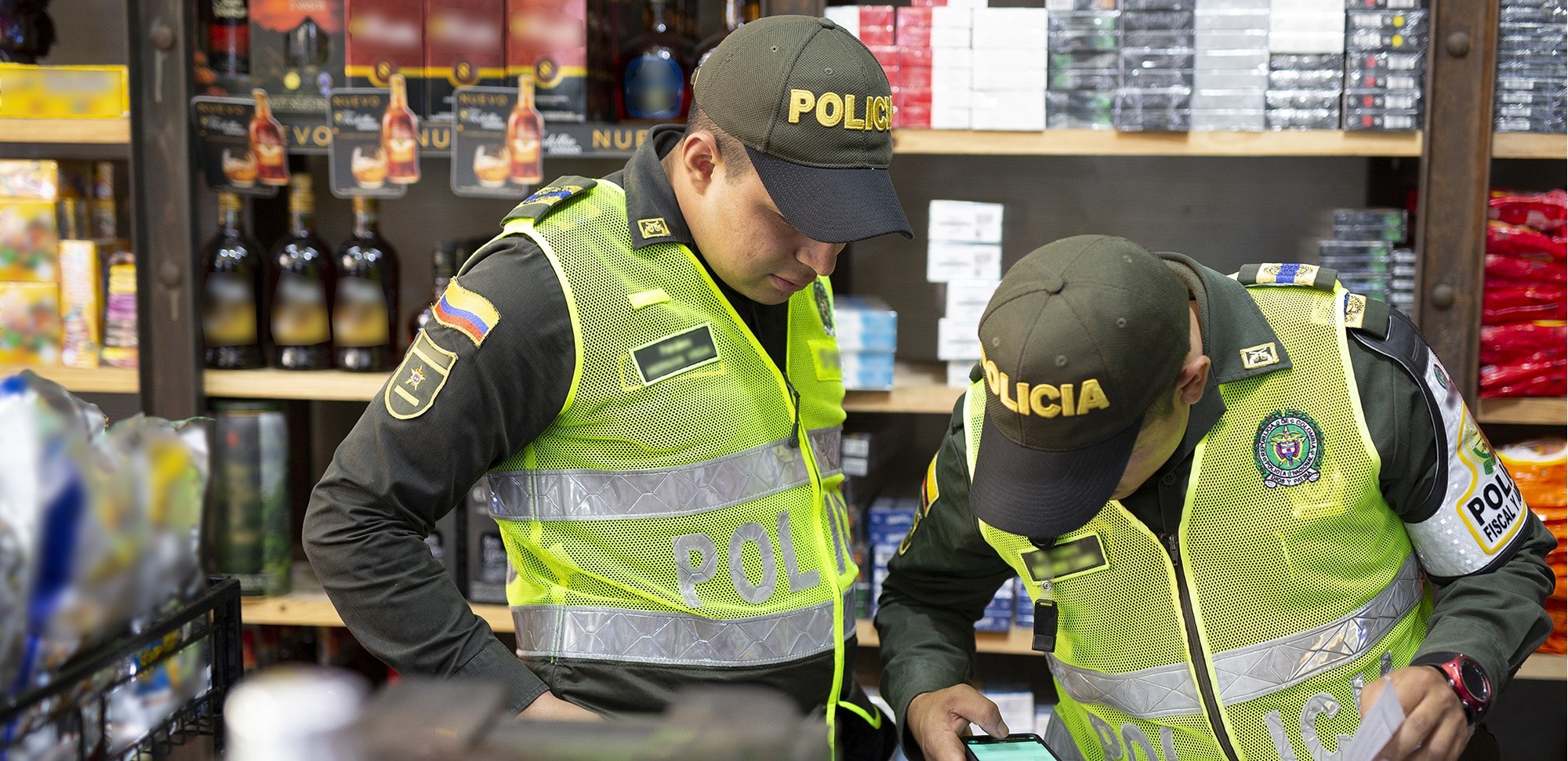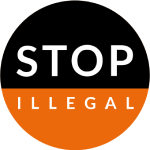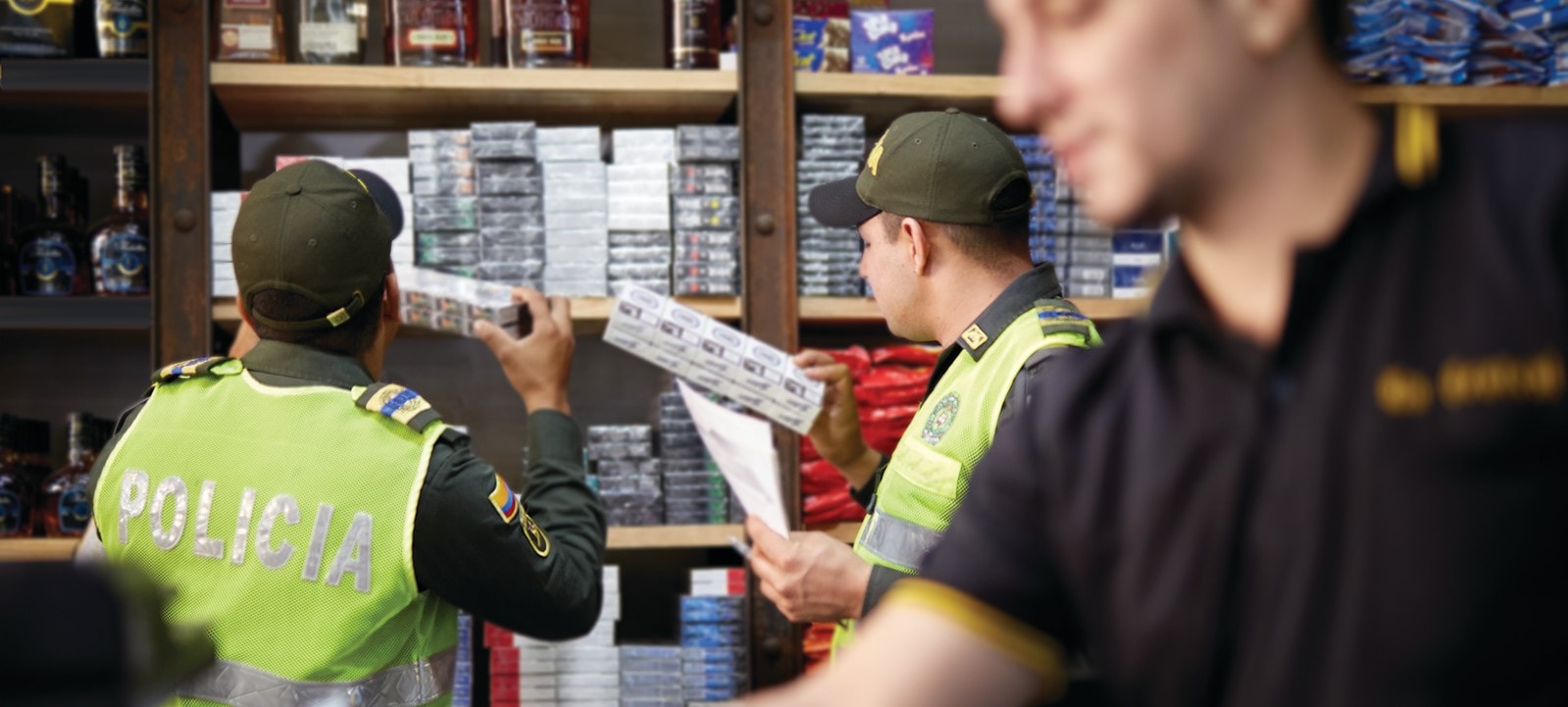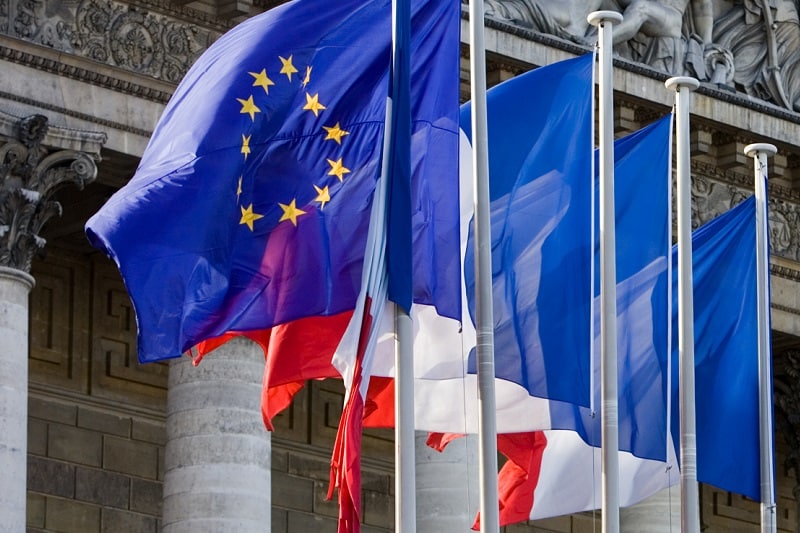Our Stop Illegal blog
73 articles found
Filter
Filter


Stop illegal
09 September 2024
Effective policymaking and law enforcement action: Keys to making cigarettes a thing of the past
Illicit trade is not just putting smokers in Europe at risk—it directly impacts everyone’s lives.
READ ARTICLE

Stop illegal
09 September 2024
Illicit trade numbers in Europe tell us change is needed
The latest KPMG report in Europe paints a troubling picture: More than 52 billion illicit cigarettes were consumed in the continent in 2023, the highest number since 2019.
READ ARTICLE

Stop illegal
18 October 2023
It’s time to consider novel policies and raise awareness to tackle illicit trade
The 2022 KPMG report on illicit cigarette consumption in the European Union demonstrates the challenges we all face in tackling the black market.
READ ARTICLE

Stop illegal
25 July 2023
The data speaks for itself: Concerning growth of the illicit market in the European Union
A new study from KPMG, spanning the European Union, U.K., Norway, Switzerland, Moldova, and Ukraine, reveals the illicit cigarette market in Europe continued to grow in 2022.
READ ARTICLE

Stop illegal
14 June 2023
Ensuring the integrity of our supply chain is paramount to PMI achieving its smoke-free vision
At Philip Morris International (PMI), we are disrupting our business to achieve a bold vision—replacing cigarettes with science-based smoke-free products as soon as possible.
READ ARTICLE

Stop illegal
14 June 2023
KPMG report uncovers Europe’s illicit cigarette market, driven by France
A recent study conducted by KPMG has shed light on the concerning growth of the illicit cigarette market in the EU, U.K., Norway, Switzerland, Moldova, and Ukraine.
READ ARTICLE

Stop illegal
24 April 2023
Adult smokers deserve access to smoke-free products—even during tough times
Widespread economic and geopolitical instability is causing rising inflation and a squeeze on people’s living standards.
READ ARTICLE
